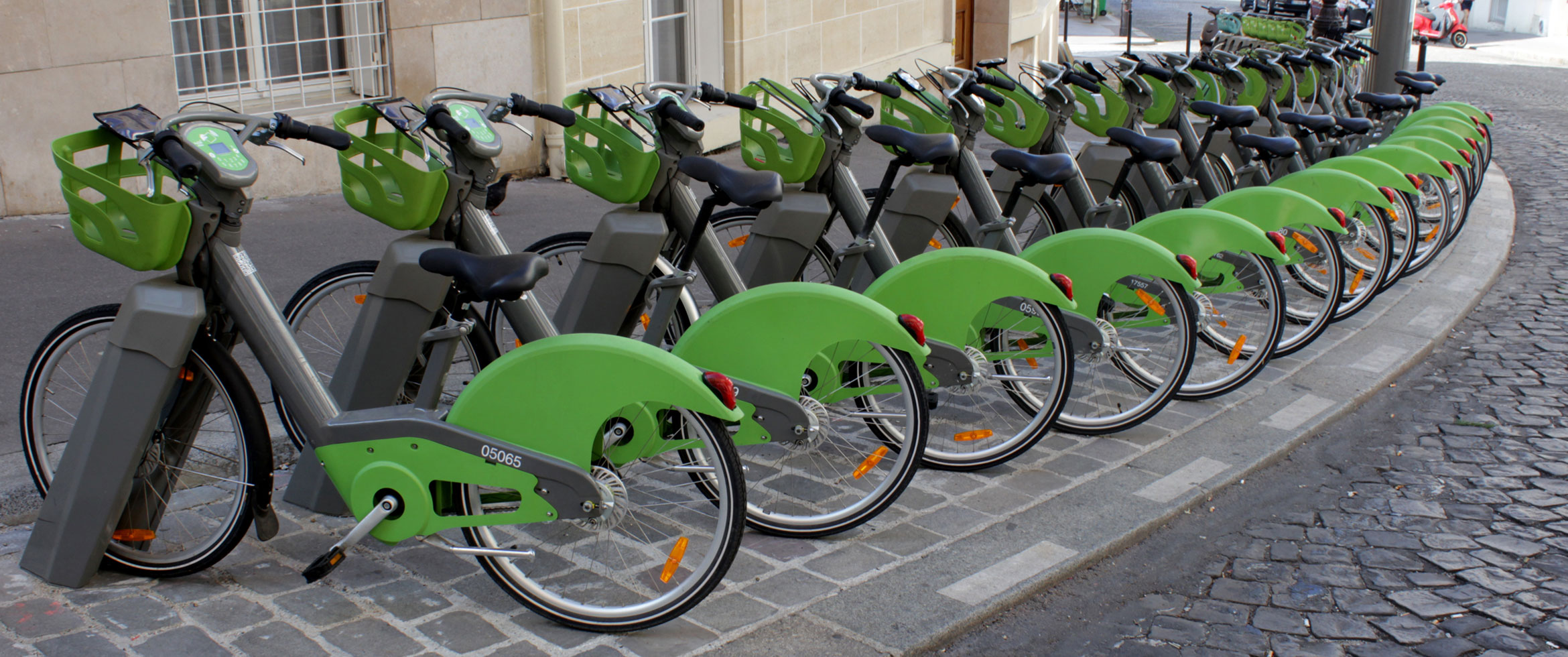Bologna’s Bella Mossa
Bicycle Friendly Communities Program
City of Austin’s Leave Time Travel Incentive
Brisbane’s Active Schools Travel Program
Brisbane’s Active Schools Travel Program
Global Action Plan Community Lifestyles Campaign
Gershon, D. & Gilman, R. (1991). Household ecoteam workbook: A six month program to bring your household into environmental balance. Uxbridge, Ontario:
Acceptability of Travel Demand Management Measures: The Importance of Problem Awareness, Personal Norm, Freedom, and Fairness
Eriksson, L., Garvill, J., & Nordlund, A. (2006). Acceptability of travel demand management measures: The importance of problem awareness, personal norm, freedom, and fairness. Journal of Environmental Psychology, 26(1), 15-26. doi:10.1016/j.jenvp.2006.05.003.
Making Cycling Irresistible: Lessons from the Netherlands, Denmark and Germany
Pucher, J., Buehler, R. (2008). Making cycling irresistible: Lessons from the Netherlands, Denmark and Germany. Transport Reviews, 28(4), 495-528.
Smarter Choices: Assessing the Potential to Achieve Traffic Reduction Using 'Soft Measures'
Cairns, S., Sloman, L., Newson, C., Anable, J., Kirkbride, A., Goodwin, P. (2008). Smarter choices: Assessing the potential to achieve traffic reduction using 'Soft measures'. Transport Reviews, 28(5), 593-618.
Behavioural Responses to Climate Change: Asymmetry of Intentions and Impacts
Whitmarsh, L. (2009, March). Behavioural responses to climate change: Asymmetry of intentions and impacts. Journal of Environmental Psychology, 29(1), 13-23.



